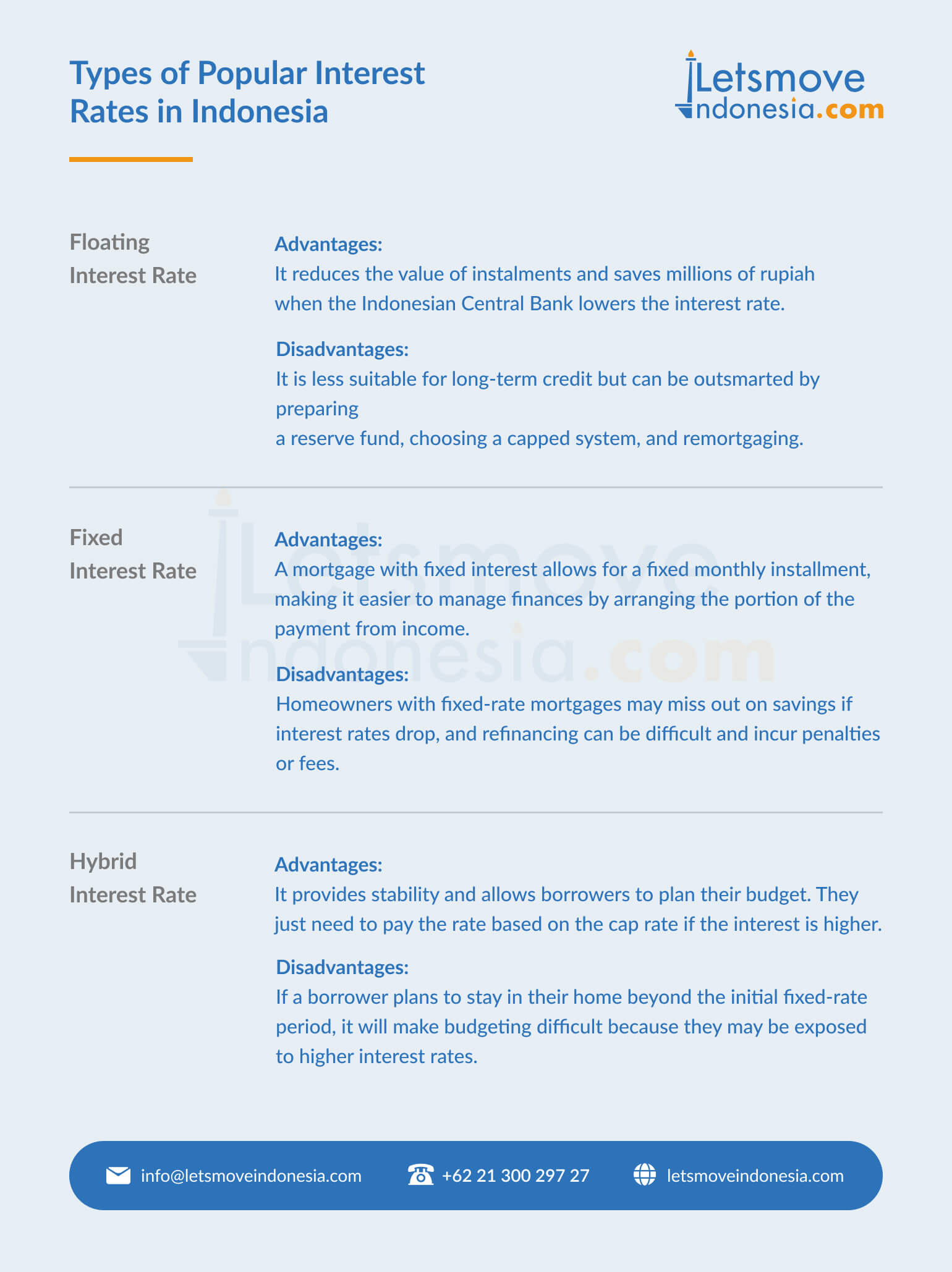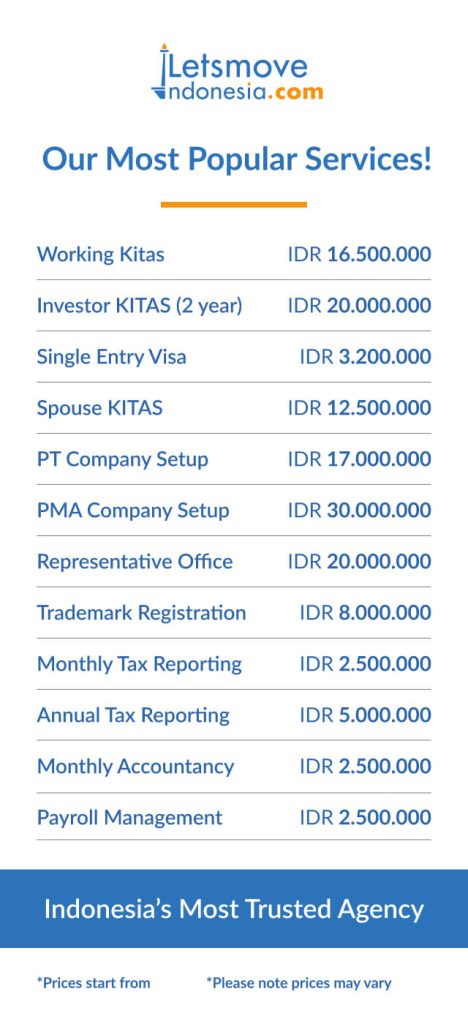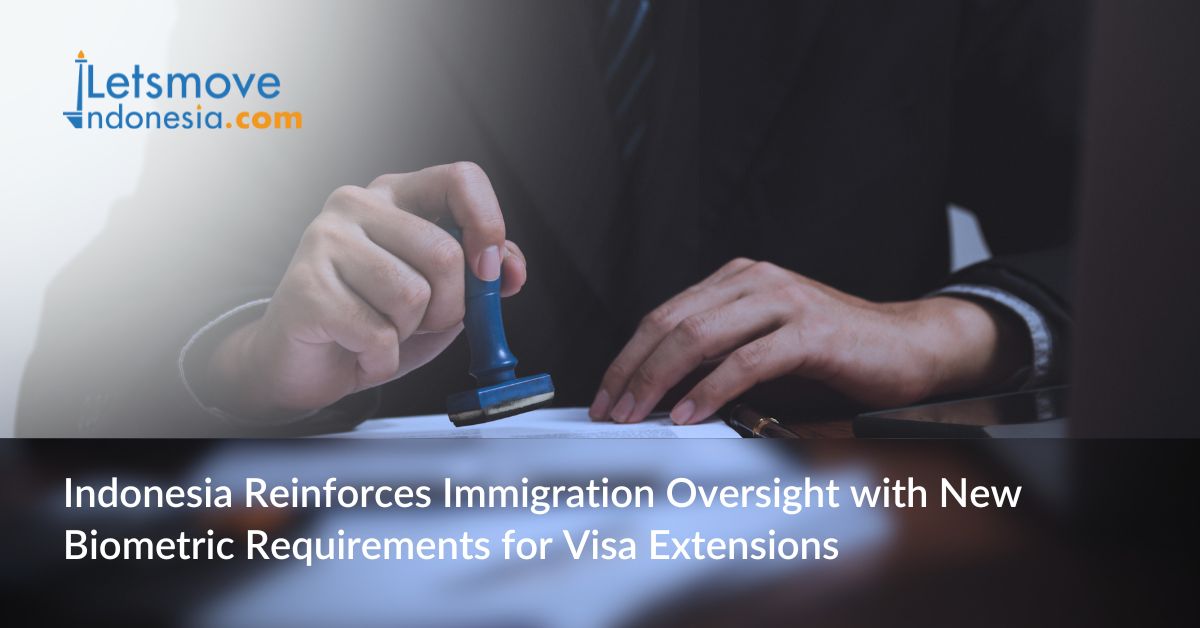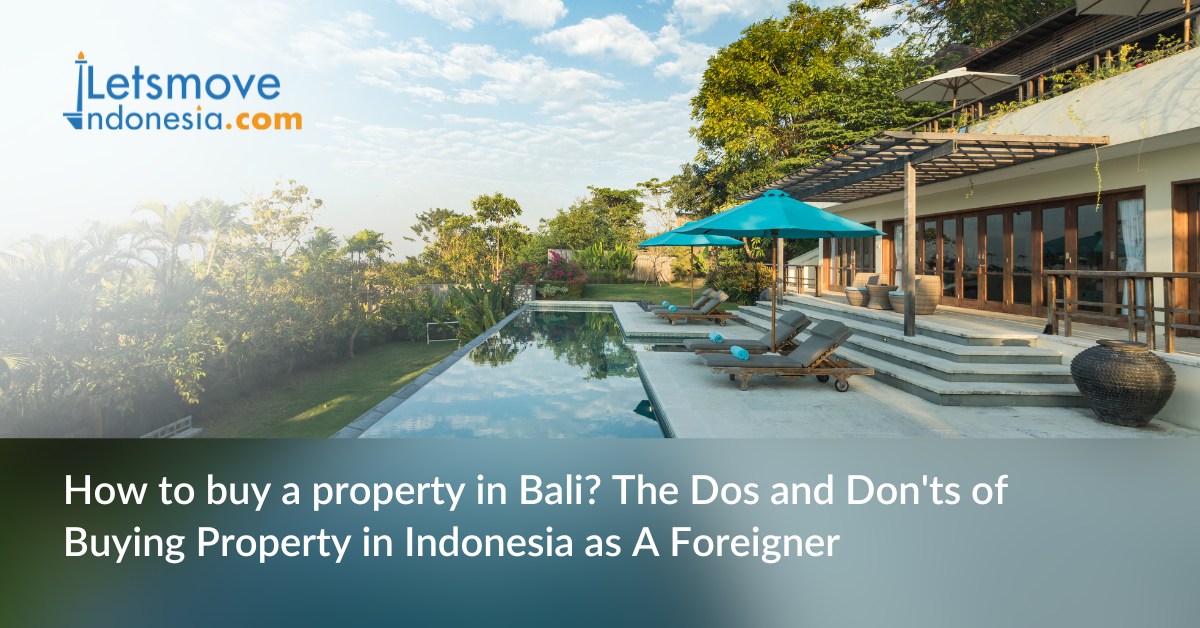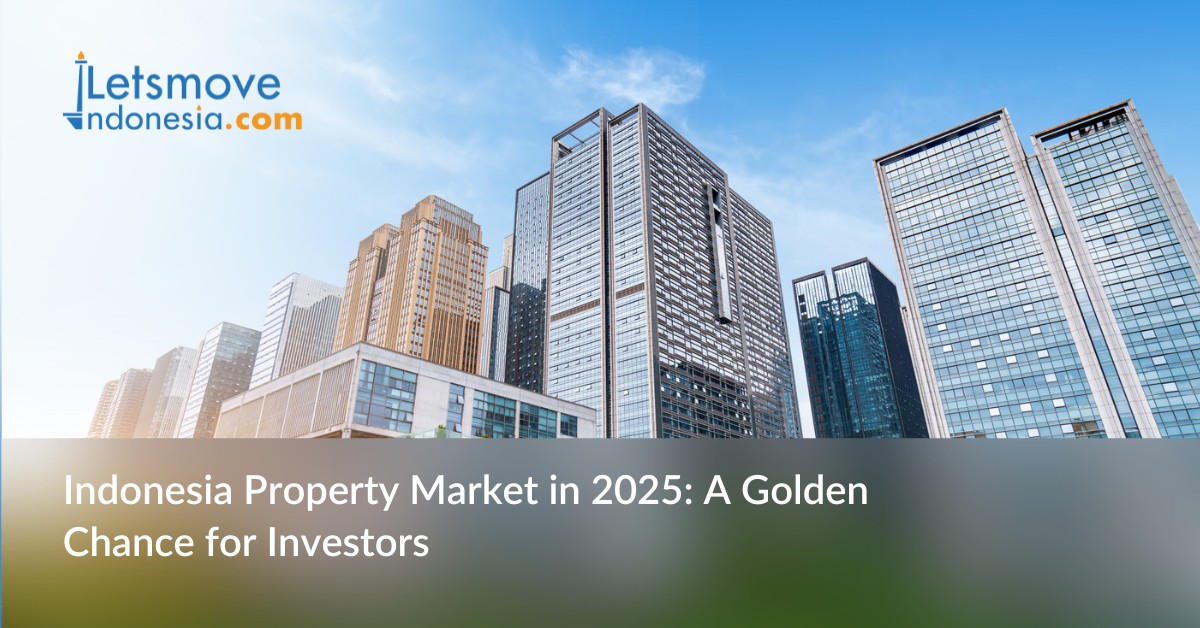Buying a home is a significant step, and understanding the complexities of mortgage products is essential for making an informed decision. There are a variety of options, from fixed-rate to variable-rate mortgages, government-backed schemes, and features tailored to the Indonesian market, so it’s important to arm yourself with the knowledge needed to find the ideal mortgage solution for your needs.
We will untangle the complexities of Indonesian mortgage products in this comprehensive guide, providing you with a clear understanding of the options available, their benefits, potential risks, and key considerations to help you make confident and informed decisions on your homebuying journey.
An Overview of Mortgage in Indonesia
In general, financial institutions, both banks and non-banks, provide Indonesian mortgage services to assist people who want to buy a home. This is the bank’s flagship product because it makes it easier for many people to buy a house even if they don’t have any cash.
Aside from the mortgage, there are several other types of products that you should be aware of. Banks or other financial institutions use this distinction in terminology to distinguish the type of guarantee owned by the customer or the purpose for which the customer is using credit.
Types of Mortgage Products in Indonesia
Indonesian mortgages come in a variety of forms. The common mortgage type in Indonesia is divided into seven types based on the borrower’s needs. The type of mortgage shown in this list below is:
Conventional Mortgage
As the name suggests, this type of mortgage does not receive subsidized assistance from the government and is provided by a conventional bank. The common interest rate applied to this type of mortgage ranges between 5-7%. In this type of mortgage, the borrower can get the mortgage for up to 30 years.
Sharia Mortgage
Sharia mortgages grow bigger in Indonesia because Indonesia is the biggest Muslim country. Borrowers can use this type of mortgage despite their religions. Islamic finance demands the avoidance of riba (usury) and gharar (ambiguity or deception). Instead of interest and other conventional names, sharia mortgages often use sharia concepts for credit agreements and margin for their terminology.
Primary Mortgage
Primary mortgages are often used to finance new properties. Primary buildings are sought after by the public, especially millennials, because they are more “new” and, in terms of price, they are still relatively affordable. This type of mortgage is designed for developers who have a partnership with the bank.
Usually, this mortgage is for borrowers who get their first credit facility. Despite that, the primary mortgage can also get the second, third, and subsequent credit facilities as long as your desired property is considered a new property.
Secondary Mortgage
A secondary mortgage is a type of mortgage for used property and non-bank developers that sell new property. The borrower must check the condition of the building, the certificate of the property, and whether it has the status of ownership rights (SHM). Some banks have their own policies about processing secondary mortgages.
Remortgage or Take Over Mortgage
A remortgage or takeover mortgage is the transfer of ownership and ongoing mortgage payments for a house to another party supervised by a bank, if the customer feels the instalment burden is too heavy due to floating interest.
Refinancing Mortgage
Refinancing is the process of paying off one loan by obtaining another. It is done to secure better loan terms, such as lower interest rates, or to refinance a new property bought in the last 6 months. Sometimes, the rate is higher than a basic mortgage.
Subsidiary (Sub-Prime) Mortgage
Subsidiary mortgages are a government programme designed to help low-income people own housing. It provides assistance in the form of light credit instalments and low interest rates, with terms and conditions that apply.
Types of Popular Interest Rates in Indonesia
When purchasing a home with a mortgage, the monthly payment will undoubtedly be the most important consideration. The reason for this is that the instalments will last for tens of years, if not decades. As a result, you must also consider the type of rate.
A fixed rate, a floating rate, and a hybrid rate are three types of rates commonly used in Indonesian mortgage products. What is the difference between a fixed, floating, and hybrid interest rate? What are the benefits and drawbacks?
Floating Interest Rate
A floating interest rate is one of the interest rates used by banks to calculate various types of credit loans. Unlike fixed interest rates, floating interest rates fluctuate in value according to the Indonesian Central Bank’s (Bank Indonesia) benchmark interest rate policy.
When the Indonesian Central Bank raises the standard interest rate, it has a direct impact on the amount of mortgage interest you pay. In this situation, your payments may increase. On the other hand, if the Indonesian Central Bank lowers the reference interest rate, you may be able to enjoy a reduction in the amount of your monthly instalments because the interest charged is also reduced.
Advantages: The Indonesian Central Bank lowers the interest rate, reducing the value of instalments and saving millions of rupiah. The Jakarta Interbank Offered Rate (JIBOR) is also the reference for the debtor’s desired floating interest rate. Some banks even offer loan products with floating interest rates referenced by JIBOR.
Disadvantages: Floating interest is less suitable for long-term credit, but can be outsmarted by preparing a reserve fund and choosing a cap or capped system. Additionally, you can convert floating interest to a fixed rate by remortgaging or taking over a mortgage.
Fixed Interest Rate
Typically, there will be a fixed interest rate for a set period of time at the start of the mortgage period. The bank frequently promotes this fixed interest rate. After the period is over, the interest rate will be floating.
For example, if someone takes out a 20-year mortgage with a fixed interest rate for the first five years, the remaining 15 years will have a floating interest rate.
Advantages: A mortgage with fixed interest allows for a fixed monthly installment, making it easier to manage finances by arranging the portion of the payment from income.
Disadvantages: Homeowners with fixed-rate mortgages may miss out on savings if interest rates drop, and refinancing can be difficult and incur penalties or fees.
Hybrid Interest Rate
Hybrid or mixed interest rates are a combination of fixed interest rates and other fixed interest rates. For example, Fix & Fix tiered interest lasts for 6 years, with the first to third years being 5% and the fourth to sixth years being 7.5%.
The hybrid interest rate can also be referred to as “fix and cap”, which means that during the fixed period, the fixed interest rate applies and during the cap period, the cap applies. Cap interest is actually floating interest, serving as the highest limit on the interest rate that will be given to you.
For example, if the current floating interest rate is 9%, as long as the amount is below your cap value, you will pay according to the current rate.
Advantages: A hybrid mortgage rate typically starts with an initial fixed rate period of 3-10 years, providing stability and allowing borrowers to plan their budget. After the initial fixed rate period ends, the adjustable rate portion of the mortgage comes into effect.
Disadvantages: The initial period of a loan typically has a fixed rate, which can lead to higher monthly payments and make budgeting and financial planning more challenging. Additionally, if a borrower plans to stay in their home beyond the initial fixed-rate period, they may be exposed to higher interest rates.
Found this article interesting? Then check out our other useful articles about visas here!
Exploring Possibilities of The Expat Mortgage in Indonesia
Your Path to Property Ownership: Essential Steps for Obtaining Mortgage in Indonesia
Decoding Indonesian Mortgage Products: The Essential Guide for Homebuyers
Top Banks that Partnered with LetsMoveIndonesia for Mortgage
Get Your Desired Mortgage with LetsMoveIndonesia: What You Need to Know

